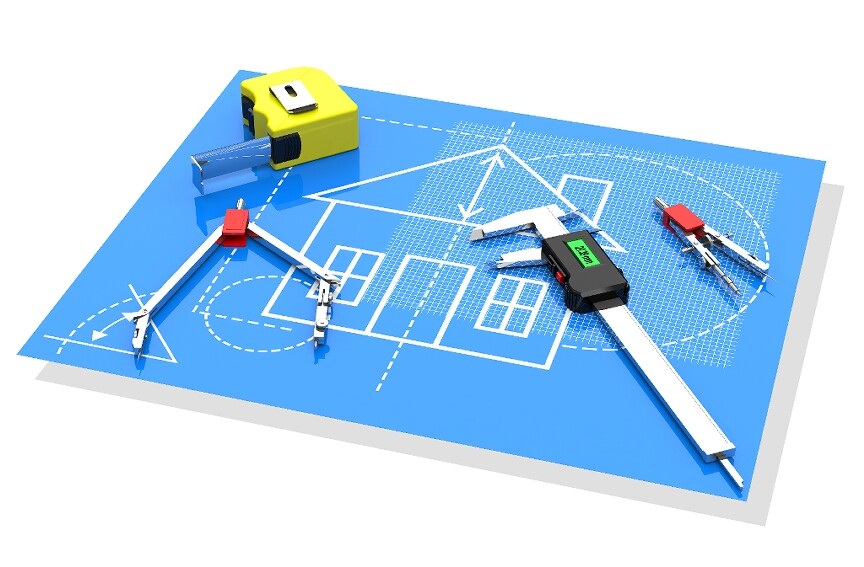So you’ve decided to start a business in construction. Congrats! Despite the ebbs and flows of the real estate industry, there will always be work for you.
While you may have the basics of your business, such as who to hire and what to call your company, here are ten things you may not have considered.
1. Apply for Permits
Construction is a highly regulated industry, and to become a licensed construction provider, you’ll need to apply for a few building licenses and permits. Because you’re involved in so many areas when constructing a building, you may need permits for electrical, plumbing, HVAC, gas fitting, et cetera. Check with your local licensing bureau and make sure you take care of all of this before you start working on a project.
2. Get Insured
Construction is a dangerous industry, and you may be required to carry a hefty amount of insurance coverage for you, your staff, and your equipment, including:
- General liability insurance
- Vehicle and property insurance
- Workers’ compensation insurance
- Unemployment and state disability insurance
3. Protect Your Company
Again– this is a dangerous industry, but not just physically. It’s also fiscally dangerous, meaning that if you don’t do a job to a client’s liking, he could sue you. And if you’re not set up as a corporation or LLC, that could jeopardize your personal assets. Start out on the right foot by separating your business self from your personal self.
4. Look into Surety Bonds
Some states require construction businesses to be bonded, which essentially means that a third party will pay your client if you don’t fulfill the requirements of your contract. It’s peace of mind for your clients, and don’t you want that?
5. Consider Becoming a Government Contractor
A lucrative area for construction is in government contracts. Because the government sets aside millions to spend with small businesses, you’ve got a good chance of securing bids…once you’re approved as a contractor.
Look to your city’s licensing agency and find out all the requirements you have in starting a construction business. Don’t start until everything’s processed and approved, or you risk being fined — or even shut down — before you really get started. Remember to stay on top of renewing your licenses and permits so that you’re always compliant with local regulations.




